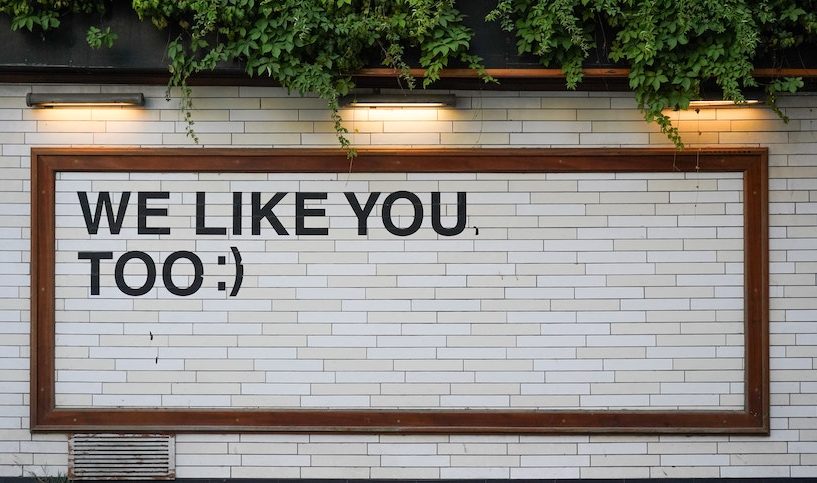A colleague posted recently on Instagram, “What we see depends on what we’re looking for,” (~John Lubbock). So often we don’t realize how much our attitude about ourselves, our lives, the world, others, and events prejudice how we interpret our experiences. For instance, if we have the attitude that “everyone is watching,” and that we are somehow inferior, guess what we see as we enter a room full of people?
A metaphorical spotlight and a critical audience.
An attitude is “…a settled way of thinking or feeling about something.” What we think, what we feel, what we do, together form our attitude.
There are three basic attitudes: Positive, negative, and neutral. Under each attitude are perspectives that color the way we move through our day, and indeed, through life. If an attitude is positive, our perspective might include things like confidence, happiness, sincerity, or determination to name a few. If our attitude is negative, the lens for interpreting the world might include hopelessness, anger, doubt, or frustration. The filter of a neutral attitude might mean an internal landscape that is unemotional, reserved, or passive.
Let’s just stop right here and dispel a myth. “Positive thinking” does not mean ignoring anything that isn’t ‘happy clappy’ or filtering out all negativity. Staying positive doesn’t mean you have to be happy all the time. It means that even on hard days you know that there are better ones coming. That, peeps, is an attitude. When we have a consistent attitude, it shows in the choices we make, the things we say, and ultimately, the things we achieve.
‘Bias confirmation’ is a sad reality of being human – we selectively filter out any information, experiences, or perceptions which contradict a prevailing attitude. How many of us have referred to a friend or colleague as ‘Sad Sack’ or ‘Eeyore’ because that person’s attitude was over whelmingly and consistently negative? (‘It’s okay if you don’t want me to come with you. I know I’m just a bother.’) The same applies to someone who is consistently positive – even when circumstances or situations are not pleasant, someone with a positive attitude may shrug and say, “Oh well. Tomorrow is another day.” Or, “Well. This sucks. I guess next time I’ll choose better.” Your friend or colleague doesn’t deny reality but rather maintains a hopeful perspective. A neutral attitude is often infuriating to others. We’ve all had a colleague, friend, or partner who is noncommittal about everything. Good or bad situation, the response is passive blankness or an emotional disconnect that says, ‘Whatever.’
Our attitude influences how we perceive a situation and that perception colors the story we tell ourselves it. Remember that metaphorical spotlight?
The actual event is entering a room filled with people.
The person with the negative attitude feels anxious, telling him/herself a story that is filled with personal inadequacies and predictions of failure. Guess what happens? Social awkwardness, no real connection with anyone all evening, and the subsequent (erroneous) conclusion that, ‘I really am a loser and this evening was a total failure.’
The individual with the positive attitude feels slightly anxious but tells him/herself a story that is filled with reminders of past successes, self- affirmations, and confidence that ‘…at least one person will talk to me and I’ll build on that.’ The evening ends with Mr./Ms. Positive leaving for home feeling satisfied and prepared to call the two or three people s/he really connected with, at a later date.
The neutral peep tells no story and makes no predictions. S/he goes away untouched by the event or anyone who attended and deems the evening neither a failure nor a success.* A neutral attitude is just that – neutral. Neither positive nor negative. Lest there be any mistake, this is not always a helpful perspective.
Let’s take responsibility for looking at, and if necessary cleaning that metaphorical lens so that we may live by choice, not by default. How much better might life be if we all did just that?
*A neutral attitude is not to be confused with depression which is the absence of pleasure and the presence of profound sadness.
Dr. Susannah is a leading psychologist, registered professional counsellor and Master Practitioner in Clinical Counselling based in Canada. For more information, please follow @DrSusannah on Twitter and Instagram and stay tuned for her latest news. Photo by yoav hornung on Unsplash.







